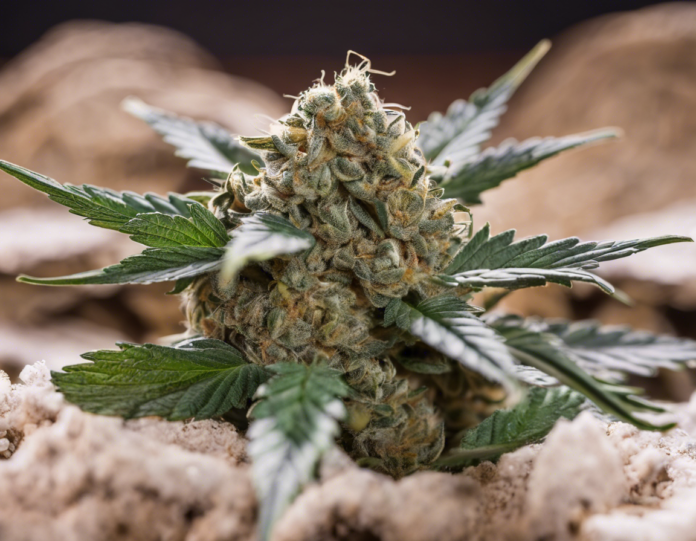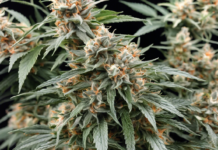Introduction
Cannabis, commonly known as marijuana, has been a part of human culture for millennia, with references to its use dating back centuries. While its popularity and legality vary across the globe, Lebanon stands out as a unique player in the cannabis culture on the East Coast.
History of Cannabis in Lebanon
Cannabis has been grown in Lebanon for centuries, with some historians tracing its cultivation back to the Phoenician civilization. In the 1960s and 70s, Lebanon became one of the world’s leading hashish producers, earning itself a reputation for high-quality cannabis products.
Legal Status of Cannabis in Lebanon
In Lebanon, cannabis cultivation has been illegal since the 1920s under French mandate laws. However, despite its illegality, cannabis remains a significant part of Lebanese culture, with many families depending on cannabis cultivation for their livelihood.
Cannabis in Lebanese Culture
Lebanese hashish is renowned worldwide for its quality and unique flavor profile. It holds a special place in the hearts of many Lebanese people who view it as a cultural heritage rather than just a drug. Cannabis is deeply ingrained in Lebanese culture, with traditional celebrations and gatherings often featuring hashish consumption.
Challenges and Controversies
Despite its deep-rooted cultural significance, cannabis cultivation in Lebanon faces numerous challenges. The government’s crackdown on cannabis farms, pressure from international organizations, and the stigma associated with drug production have created a complex situation for Lebanese farmers.
Potential for Legalization
In recent years, there has been growing support for the legalization of cannabis in Lebanon. Advocates argue that legalizing cannabis could provide much-needed economic opportunities for struggling communities, regulate the industry, and reduce illegal drug trafficking.
Comparisons to Western Cannabis Culture
Lebanon’s cannabis culture differs significantly from that of Western countries. While many Western nations have only recently begun to embrace cannabis legalization, Lebanon has a long-standing tradition of cannabis cultivation, albeit underground.
Impact of Cannabis Tourism
Lebanon’s unique cannabis culture has the potential to attract cannabis tourism to the region. With its picturesque landscapes, rich history, and renowned hashish, Lebanon could position itself as a destination for cannabis enthusiasts seeking a one-of-a-kind experience.
Conclusion
Lebanon’s cannabis culture offers a fascinating and complex perspective on the global cannabis industry. With a rich history, deep cultural roots, and growing calls for legalization, Lebanon stands at a crossroads where tradition meets modernity in the realm of cannabis cultivation.
FAQs
- Is cannabis legal in Lebanon?
-
No, cannabis cultivation is illegal in Lebanon, but it remains a significant part of the country’s culture.
-
Why is Lebanese hashish famous?
-
Lebanese hashish is renowned for its quality and unique flavor profile, making it a sought-after product in the cannabis market.
-
What challenges do Lebanese cannabis farmers face?
-
Lebanese cannabis farmers face challenges such as government crackdowns, international pressure, and the stigma associated with cannabis cultivation.
-
What are the arguments for legalizing cannabis in Lebanon?
-
Proponents of cannabis legalization in Lebanon argue that it could provide economic opportunities, regulate the industry, and reduce illegal drug trafficking.
-
How does Lebanon’s cannabis culture differ from Western countries?
- Lebanon’s cannabis culture has deep historical roots and is viewed as a cultural heritage, unlike in many Western countries where cannabis legalization is a more recent phenomenon.
By exploring Lebanon’s unique perspective on cannabis culture, we gain valuable insights into the complexities and nuances of this ancient plant’s role in society.







